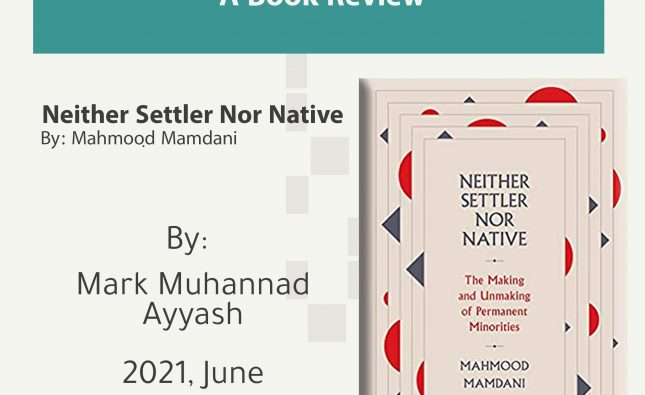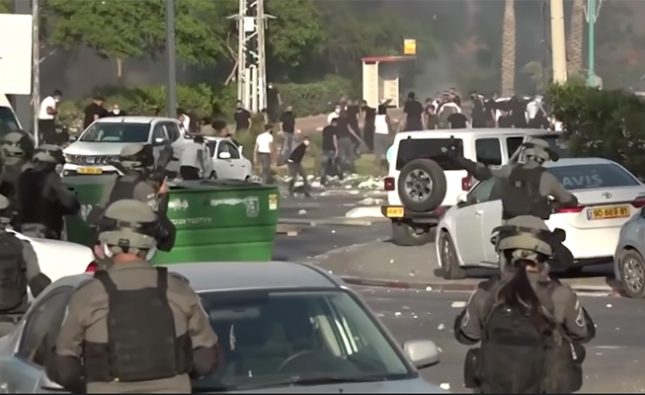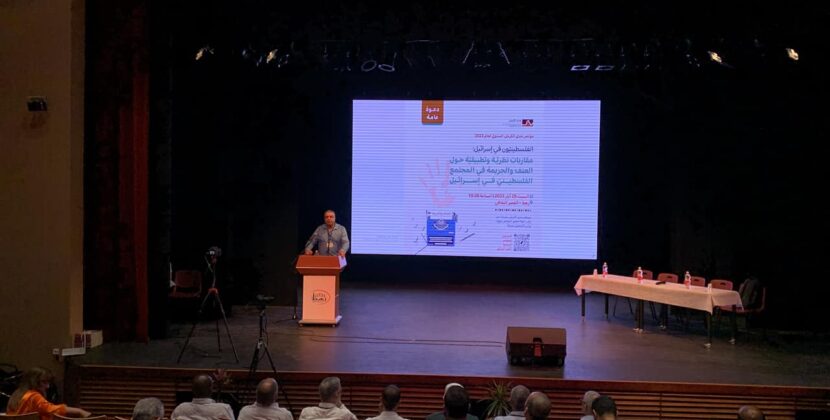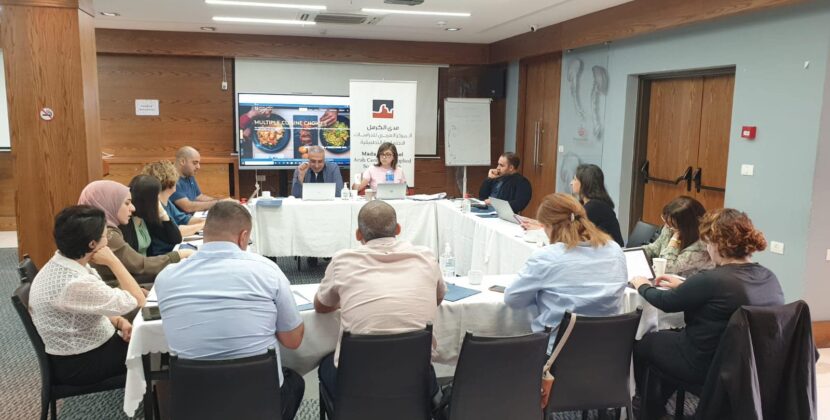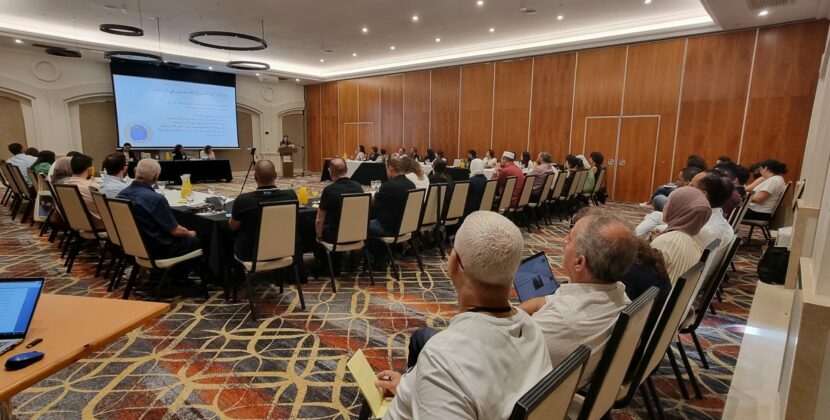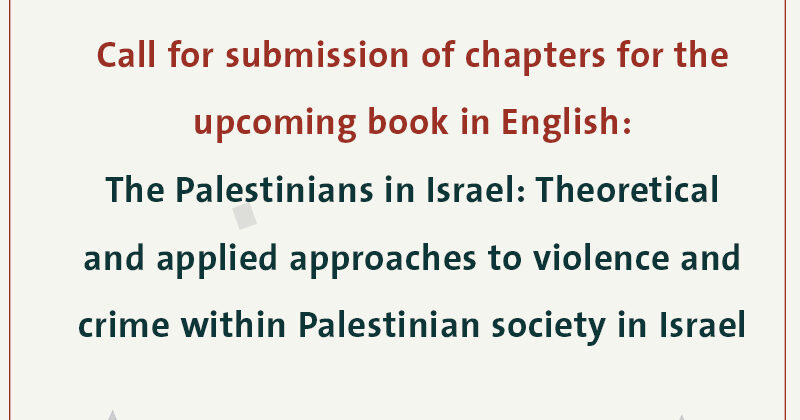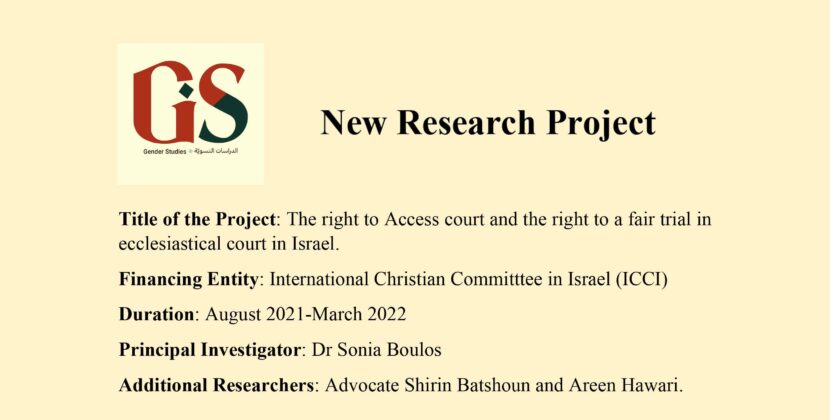 In October 2015, Mada conducted a survey on the role of the Palestinian community living in Israel within the wider Palestinian national project. Palestinians living within Israel and Palestinians living in the oPt were asked for their opinions on a number of issues including representation, participation, and the current and future roles of ’48 Palestinians. The survey results were also discussed in-depth during Mada’s November 2015 conference which was held in partnership with the Institute for Palestine Studies.
In October 2015, Mada conducted a survey on the role of the Palestinian community living in Israel within the wider Palestinian national project. Palestinians living within Israel and Palestinians living in the oPt were asked for their opinions on a number of issues including representation, participation, and the current and future roles of ’48 Palestinians. The survey results were also discussed in-depth during Mada’s November 2015 conference which was held in partnership with the Institute for Palestine Studies.
Main findings:
- There was more support among Palestinians in the oPt for the participation of ’48 Palestinians within Palestinian political institutions, with only 6% of ’48 Palestinians agreeing with this compared to 51%. Although 49% of ’48 Palestinians agreed that they should participate in both Israeli and Palestinians political institutions.
- In terms of representation within Palestinian political institutions, only 26% of ’48 Palestinians saw an urgent need, 15% saw a non-urgent need, and 51% saw no need whatsoever. The opposite was true for Palestinians in the oPt, 51% of whom saw an urgent need for ’48 Palestinians to be represented.
- There was a similar discrepancy for the assessment of the current role of ’48 Palestinians within the national project from both populations, with 35% of ’67 Palestinians thinking their current level of involvement was reasonable, while 36% of ’48 Palestinians thought their current role was not enough.
- There was more convergence between the Palestinian population on the assessment of the future role of ’48 Palestinians within the national project, with both ’67 and ’48 Palestinians agreeing that they needed to play a bigger role than they currently did; at 55% and 56% respectively.
- Palestinians want ’48 Palestinians to play a bigger role in the national project, but seem to disagree with the way in which to do this. While ’67 Palestinians emphasize representation and participation in Palestinian political institutions, this is not as important to ’48 Palestinians.
- In relation to the conflict itself and its potential solution, more ’48 Palestinians support the two-state solution than ’67 Palestinians; 60% and 44% respectively. Only 3% of ’48 Palestinians see no solution at all, compared to 14% of ’67 Palestinians. Roughly the same amount of people saw the one-state solution as viable, with 21% of ’67 Palestinians and 28% of ’48 Palestinians answering as such.





